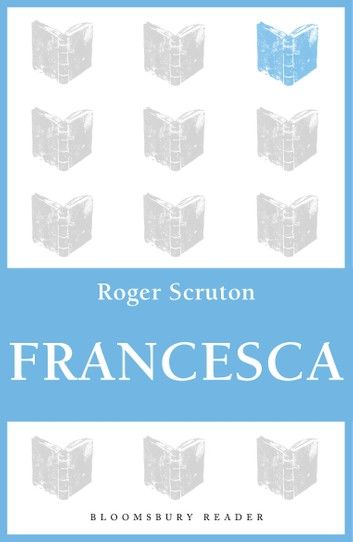Set in the early 1960s, Francesca tells the story of Colin Ferguson, an aspiring writer whose life is blighted by love. The object of his love lies always out of reach, and never more so than when he holds her in his arms. Through Francesca he is offered a vision of modern England that frightens and enthrals him: whether escaping from hers or returning, he always sees something new and unsurprising in this haunted universe. And, as the tragic story unfolds, the reader enters into a world of guilt and hesitation which, for all its strangeness, has an air of uncanny truth. The kaleidoscope of characters – Colin's father, the embittered schoolmaster, Sarah, the lesbian poetess, Harold Plumptre, the prostitute and healer – constantly shifts and reassembles, drawing the ring of fate ever tighter until the novel reaches its surprising but inevitable climax.
An atmospheric work, with passages of great descriptive power, Francesca is as a remarkable novel. Its intriguing characters and breathtaking pace grip the reader from the beginning, and its narrative expresses not only the drama of the characters, but also an urgent and compelling vision of the society from which they spring, and of the destiny of any man in the condition of modernity.












